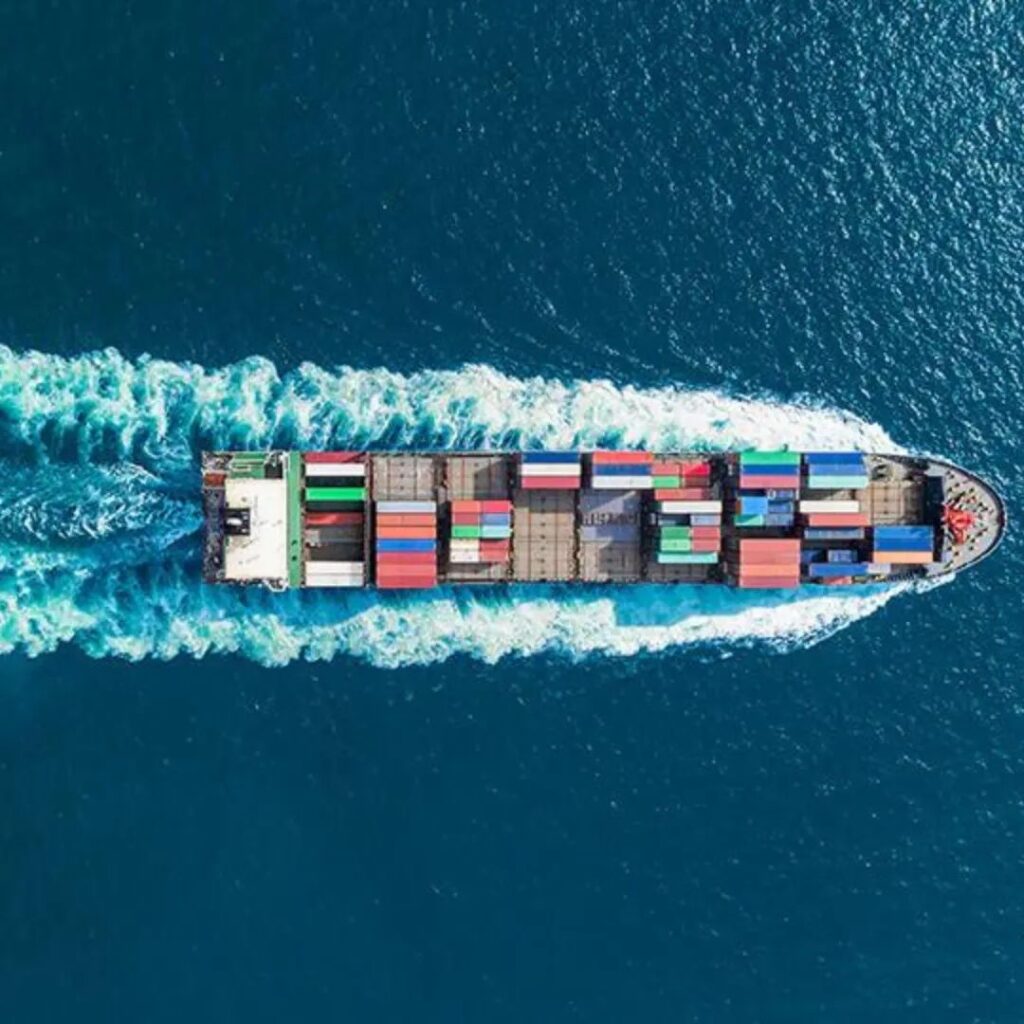Introduction
In the face of the recent upheaval in the Red Sea, a critical maritime trade route, the global shipping industry is shifting significantly. The conflict in the region has led to a steep rise in shipping costs, particularly affecting the crucial Asia-Europe trade lane. This development threatens not just the shipping industry but global economies at large, with inflationary pressures looming on the horizon.
The Challenge of the Red Sea Route
The Red Sea has traditionally been a bustling corridor for ships carrying goods between Asia and Europe. However, the recent increase in hostilities, including attacks on vessels, has dramatically escalated the risks and costs of this route. Consequently, this has led to a substantial 250% hike in transport charges since late November, compelling companies to seek alternatives.
The Emergence of Cargo Charters as a Solution
Amidst these challenges, cargo charters are stepping up as an innovative and effective solution. Here’s a deeper look at how they are making a difference:
- Flexibility and Safety: Unlike fixed sea routes, cargo charters can adapt routes on the fly, avoiding conflict zones and ensuring a safer journey for the cargo.
- Time Efficiency: One of the most significant advantages of cargo charters is their ability to reduce transit times. This is particularly beneficial for businesses where time is of the essence.
- Cost-Effectiveness in the Long Run: While cargo charters might seem pricier upfront, they can be more cost-effective in the long term. This is due to their efficiency and the reduced risk of delays, which can be costly for businesses.
Real-World Impact
The practical benefits of cargo charters are already being felt across various sectors. Tech companies facing component shortages have turned to cargo charters, reducing weeks of transit time to days. Retailers, too, have successfully employed charter services to avoid stock shortages.
The Bigger Picture and Future Trends
This shift towards cargo charters could transform global trade practices, paving the way for more resilient supply chains. It’s a response to the current crisis and an adaptation to a changing global trade environment, where flexibility and speed are increasingly valued.
Conclusion
As the world navigates these complex shipping challenges, cargo charters are emerging as a key player in keeping the wheels of global commerce turning. For those interested in exploring cargo charter solutions, Unnamra Aviation offers expert services and can be reached at sales@unnamra-aviation.com
The situation in the Red Sea is a reminder of the ever-evolving nature of global trade, and cargo charters are at the forefront of this adaptation, offering timely solutions for today’s challenges
By: Samih Kadora – CEO
Abu Dhabi
+971 52 909 9131
sales@unnamra-aviation.com



